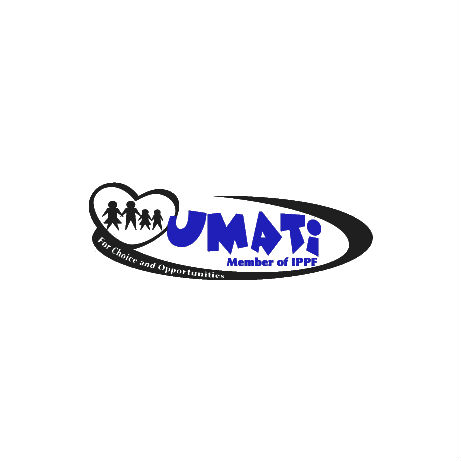

| 31 March 2016
Sex og Politikk - The Norwegian Association for Sexual and Reproductive Health and Rights
Sex og Politikk is a member organization consisting of affiliated organizations, institutions and individual members. Sex og Politikk was founded in 1969 and has since its establishment been a main organisation in Norway working for sexual and reproductive health and rights (SRHR), particularly in the promotion of sexuality education where we provide the most used materials for use in primary and secondary schools in Norway "Uke 6", which since 2019 has been used at more than 40% of schools in Norway. We further prioritize work for abortion and SOGIE rights as well as securing access to safe contraceptives and sexual health and rights for the elderly. The organisation works both nationally and internationally to further sexual rights, including a particular focus on indigenous populations, with a particular programme on sexual health for Sami people, the only indigenous population in Europe. The organisation works for the development of better health care services, and to safeguard rights linked to sexuality and reproductive health, both in a national and international context. These areas are very important in strengthening women's rights and also for working towards gender equality and poverty reduction internationally. Political advocacy including through conferences and by organising an All Party Parliamentary Group on SRHR are important avenues to implement our work.

| 31 March 2016
Uzazi na Malezi Bora Tanzania
Chama cha Uzazi na Malezi Bora Tanzania (UMATI) is an autonomous, non-political national NGO providing Sexual and Reproductive Health and Rights (SRHR) information, education, and services in Tanzania. It was established in 1959 and became a full IPPF Member Association in 1973. Since then, it has developed a comprehensive range of sexual and reproductive health (SRH) services for Tanzanian young people. UMATI invests in the provision of gender responsiveness SRH services youth and women empowerment, and evidence-based advocacy through result-based projects implemented in 20 regions in Tanzania Mainland, and Zanzibar. UMATI recognizes that AGYW and ABYM experience different health needs and risks especially those related to HIV, STIs, and sexual gender-based violence. UMATI’s SRH programmes are developed based on the unmet need and government priorities and its SRH and FP service delivery has always been targeting the hard-to-reach communities, socially excluded and under-served people especially women, girls, and young people, and the key population. UMATI empowers adolescents and young people (10-24) to realize and demand their SRHR for effective utilization of the services. The Association, through the Comprehensive Sexuality Education (CSE) approach, reaches young people with knowledge, skills, and Social Behaviour Change Communication (SBCC) messages to freely access services at UMATI clinics, youth centers, and selected government facilities. Different approaches are used to reach adolescents and youth such as peer education sessions, IEC/BCC Materials, debate, health talk/dialogues, folk media, social media, radio, TV, e-sessions, community forum/dialogues, community meetings, and SRH service outreaches. UMATI collaborates with the Ministry of Health and Local Government Authorities to provide SRH services through 943 service points which include its own 5 permanent clinics and seven youth centers and support 391 community-based distributors/community-based services (CBDs/CBSs). UMATI’s SRH programmes are effectively maintained and delivered by 76 committed staff, 340 peer educators and a youth action movement membership of 400 activists. UMATI receives funding support for its programmes from donors and partners such as Youth Incentives, Pathfinder International, PLAN International, UKAIDS, She Decides, UNICEF, UNFPA, Bills & Melinda Gates Foundation, Health Action International, SIMAVI, BERGSTROM Foundation, ZENSHO, and ActionAid Tanzania.







